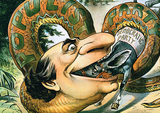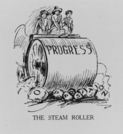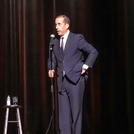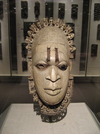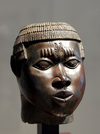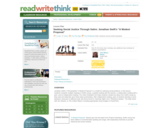In our lives, we are constantly telling stories to ourselves and to others in an attempt to both understand our experiences and present our best selves to others. But how do we tell a story about ourselves that is both true and positive? How do we hold ourselves up in the best possible light, while still being honest about our struggles and our flaws? Students will explore ways of interpreting and portraying personal experiences. They'll read Chinua Achebe's novel Things Fall Apart , analyzing the text through the eyes of one character. They'll get to know that character's flaws and strengths, and they'll tell part of the story from that character's perspective, doing their best to tell an honest tale that presents their character's best side. Then they'll explore their own stories, crafting a personal narrative about an important moment of learning in his or her life.
ACCOMPLISHMENTS
Students read and analyze Chinua Achebe’s Things Fall Apart , viewing the events and conflicts of the novel through the eyes of one of the central characters.
Students write a two-part narrative project: one narrative told through their character’s perspective and one personal narrative about an incident in their own life.
GUIDING QUESTIONS
These questions are a guide to stimulate thinking, discussion, and writing on the themes and ideas in the unit. For complete and thoughtful answers and for meaningful discussions, students must use evidence based on careful reading of the texts.
How do our conflicts shape and show our character?
How can we tell a story about ourselves that’s both honest and positive?
How do definitions of justice change depending on the culture you live in?
What are ways individuals can react to a changing world? To a community that doesn’t accept us?
BENCHMARK ASSESSMENT: Cold Read
During this unit, on a day of your choosing, we recommend you administer a Cold Read to assess students’ reading comprehension. For this assessment, students read a text they have never seen before and then respond to multiple-choice and constructed-response questions. The assessment is not included in this course materials.
